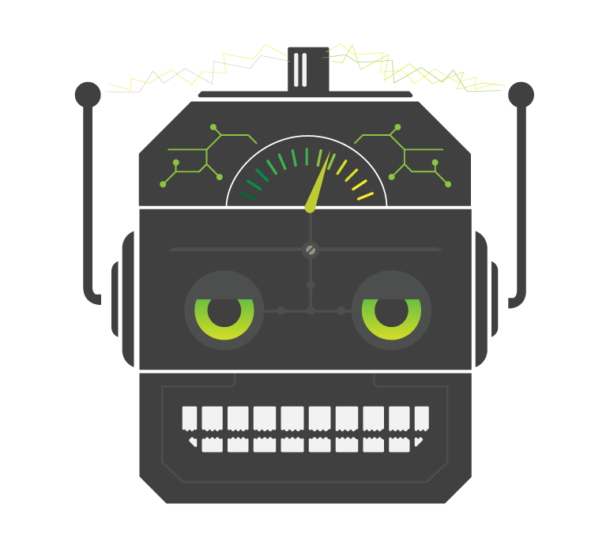
DPL Reading List – May 3, 2019
Here are some of the new and interesting articles we found this week.
How Microsoft Learned from the past to Redesign Its Future – “Microsoft has clearly learned from its past, and this new design shift is a smart bet for its future. The challenge now is to combine all of Microsoft’s ideas from its more than 100,000 employees into a single design that scales to look and feel coherent to the billion people who use products like Office or Windows.”
The Notre-Dame fire’s ashes could be used to 3D-print its new gargoyles – “Concr3De, a Dutch company that specializes in stone 3D printing for construction, claims it has the perfect recipe to bring all of those broken monsters back to life using their remains. The company says that it can grind the limestone rubble and the fire ashes and combine the mixture with other materials to create a fine powder to feed its stone printers.”
3 reasons why AI will never match human creativity – “But what a neural net may never be able to do is look at Picasso’s paintings and respond to them in a way that meaningfully adds to the artistic conversation by generating new patterns. The neural net itself can never be in dialogue with the artistic past without a human there to give it intent–it is only a shallow imitator, devoid of true meaning.”
Password1, Password2, Password3 no more: Microsoft drops password expiration rec – “The rationale for the previous policy is that it limits the impact a stolen password can have—a stolen password will automatically become invalid after, at most, 60 days. In reality, however, password expiration tends to make systems less safe, not more, because computer users don’t like picking or remembering new passwords. Instead, they’ll do something like pick a simple password and then increment a number on the end of the password, making it easy to “generate” a new password whenever they’re forced to.”
The First DDoS Attack Was 20 Years Ago. This Is What We’ve Learned Since. – “An important question is whether networks could or should be modified to include a kind of distributed defense against these attacks. For example, one way forward might be to make it easier for ISPs to filter out spoofed data packets.”
Ready for 6G? How AI Will Shape the Network of the Future. – “The latest technology — the fifth generation of mobile standards, or 5G — is currently being deployed in select locations around the world. And that raises an obvious question. What factors will drive the development of the sixth generation of mobile technology? How will 6G differ from 5G, and what kinds of interactions and activity will it allow that won’t be possible with 5G?”
These Super-Precise Clocks Help Weave Together Space And Time – “THE WORLD’S MOST precise clock sits on a table in Jun Ye’s lab in Boulder, Colorado. A tangle of electronics, fiber optic cables, and laser beams, the clock is still a prototype, so no one actually uses it to tell time. Ye, who is a physicist at the research institute JILA, and his team have demonstrated that the clock can produce a second with precision in the parts per quintillion—that’s 10-19, some hundred billion times more precise than a quartz wristwatch. Put another way, if the clock had started ticking at the Big Bang, by today it would have lost or gained no more than a second.”



